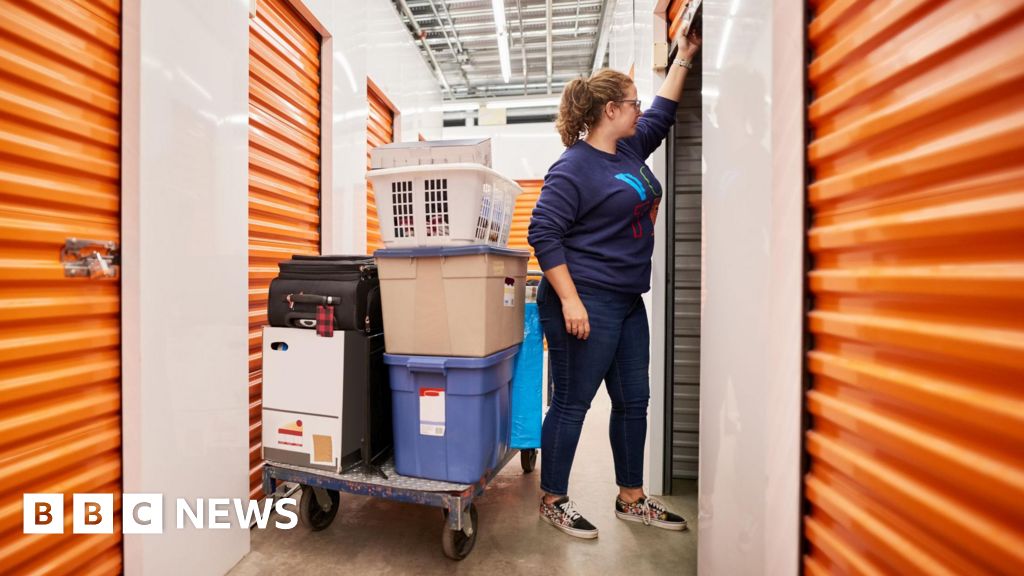The fact that people and businesses are willing to pay for extra storage indicates a lack of adequate space in homes and offices, a consequence of maximizing urban density without giving consideration to living conditions in urban planning.
The article also mentions the “side-hustle” culture, where people use storage units for their secondary businesses. While it’s spun as being empowering, in practice it reflects the precarity of employment under capitalism, where people need multiple jobs to make ends meet.
Finally, conversion of vacant commercial spaces into storage facilities shows how capitalism prioritizes profit over community needs. Instead of repurposing these spaces for affordable housing or community centers, they are used for storage.



I agree, that’s a more accurate framing of the situation.